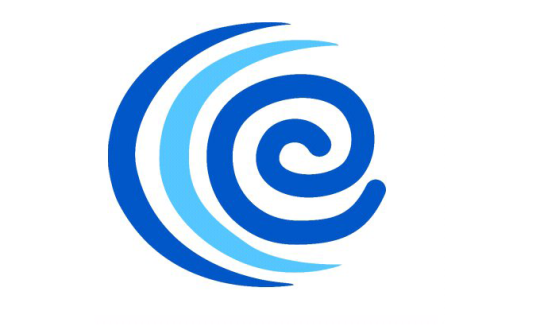Democracy Beyond Voting
Recently I had the opportunity to join a Campus Compact Institute to start the process of creating a civic action plan for SSU. I was encouraged by the efforts of both our campus and the many other campuses working to integrate service-learning and community engagement into the life of the university.
Campus Compact is a national coalition of nearly 1,100 colleges and universities committed to the public purposes of higher education. Sonoma State University is a member. In 2016, Campus Compact had its 30th anniversary and issued an Action Statement which President Armiñana signed. Included is:
Our success over the last thirty years gives us confidence that we can build a world in which all students are prepared for lives of engaged citizenship, all campuses are engaged in strong partnerships advancing community goals, and all of higher education is recognized as an essential building block of a just, equitable, and sustainable future. In affirming these statements, each of us makes a commitment to develop a Campus Civic Action Plan within one year after March 20, 2016, or the date thereafter on which we become signatories. Our Civic Action Plans will state the actions our campuses will take as we move forward with a renewed sense of urgency, along with the impacts we expect to achieve. Our Civic Action Plans will be shared publicly, as will our assessments of the progress we are making in achieving the goals stated in the Plans.
One of the initiatives of Campus Compact is to prepare students to be fully participating citizens with the capacity to deliberate on the public good. Towards those ends, many campuses, including our own, pay special attention to educating students about state and national elections. However, voting in elections is not the only way to fruitfully or even fully take part in democracy. Democracy is not a self-evident good form of decision-making and political organization; students should also discuss together what makes democracy morally desirable, and how our campus, and our broader political environment, can support a free and open democracy. When SSU students consider together what the conditions for a healthy democracy are, they can also collectively address other kinds of social and political issues that connect to their studies and experiences. The Institute was a good opportunity to consider how we want to have these discussions at SSU.
Towards those ends, I was struck by the opportunity SSU has to deepen and enliven student and community engagement in ways that will promote deliberation, compassion, and active citizenship on our campus and beyond. One of the ways the Institute addressed this was to share different approaches to creating a campus culture that supports and encourages this kind of collective discussion, including events that open up discussion on-campus. The Institute also reminded me that many faculty here at SSU are already bringing community engagement into their classrooms in formal and informal ways, and that we have a great foundation from which to start.

Author: Dr. Emily Ray, Assistant Professor & MPA Coordinator Dept. of Political Science

